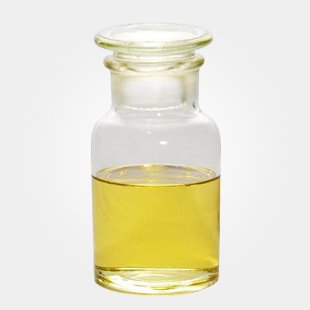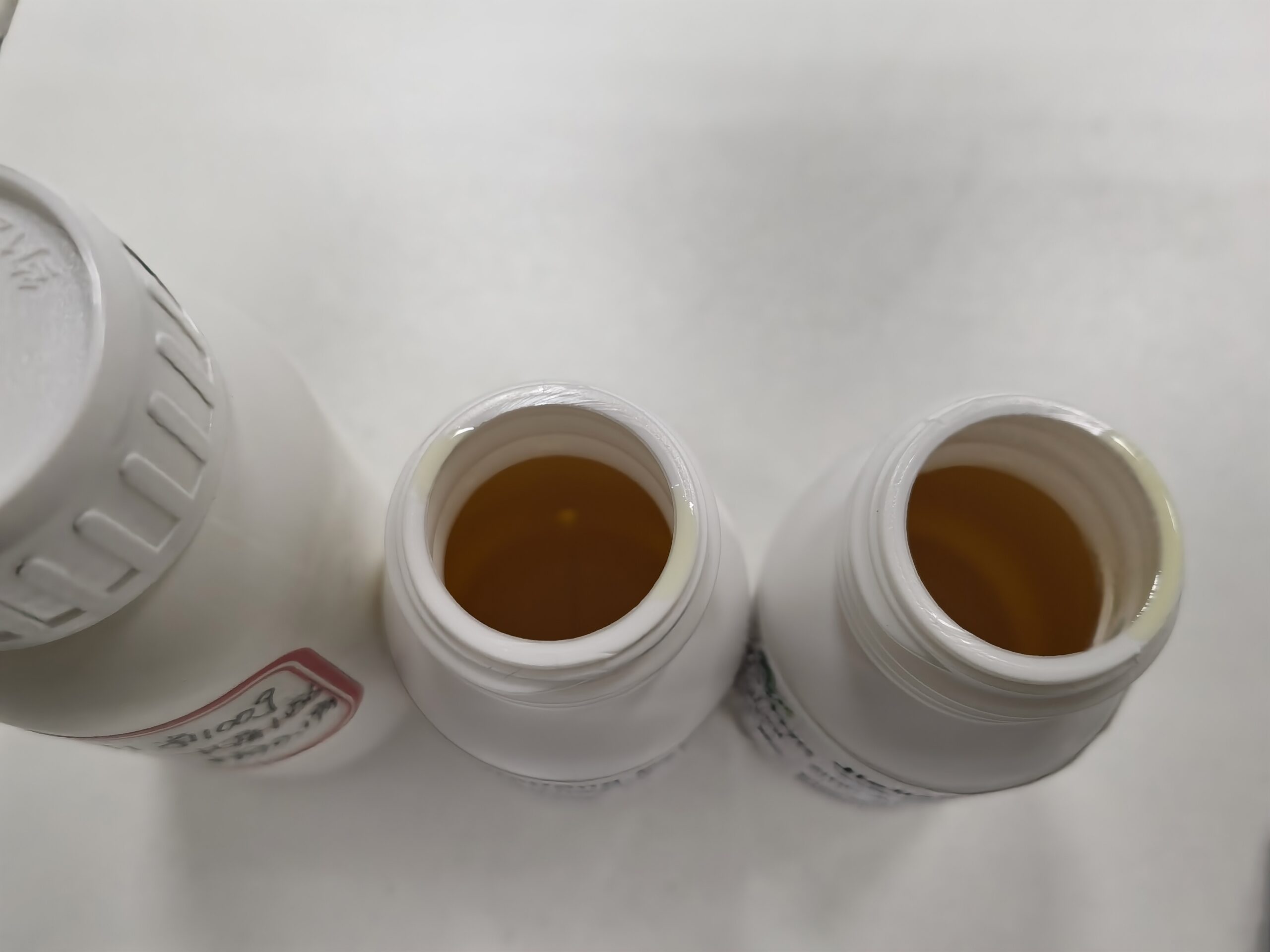Berberine, also known as berberine hydrochloride, is a powerful natural compound found in plants like goldenseal, barberry, and Oregon grape. Used for thousands of years in Chinese and Ayurvedic medicine, berberine is gaining modern attention for its potential to support metabolic health. From managing diabetes and high cholesterol to aiding weight loss, this compound offers a range of benefits. But how does it compare to drugs like metformin, and is it safe? This comprehensive guide explores berberine’s science-backed advantages, supplement options, side effects, and more.
What Are the Health Benefits of Berberine?
Berberine’s effects on the body are backed by research, making it a promising natural remedy. Here’s what science says about its key benefits:
- Combats Bacterial Infections: Berberine acts as a natural antimicrobial. A 2022 study found it inhibits Staphylococcus aureus, a bacterium linked to sepsis, pneumonia, and skin issues. Another study showed it damages bacterial DNA and proteins, enhancing its infection-fighting power.
- Reduces Inflammation: Chronic inflammation fuels conditions like heart disease and diabetes. Research suggests berberine’s anti-inflammatory properties may help manage these issues effectively.
- Supports Diabetes Management: Berberine lowers blood sugar, improves insulin sensitivity, and reduces triglycerides. A literature review found it outperforms placebos and boosts diabetes medications’ effects when combined. Learn more about berberine HCL for diabetes support.
- Lowers Cholesterol: Studies show berberine reduces LDL ("bad") cholesterol and triglycerides while increasing HDL ("good") cholesterol. One review noted its effects rival prescription drugs without harsh side effects.
- Manages Blood Pressure: When paired with blood pressure medications, berberine outperforms the drugs alone, according to a literature review. A rat study also suggested it delays hypertension onset.
- Aids Weight Loss: Berberine supports obesity management. A 2020 study linked it to reduced body weight, BMI, and waist size. Barberry, rich in berberine, showed similar results in a three-month trial.
- Improves PCOS Symptoms: For polycystic ovary syndrome (PCOS), berberine may address insulin resistance and hormonal imbalances. A systematic review called it promising, though more studies are needed.
- Fights Cancer: Lab research indicates berberine inhibits cancers like colorectal and lung cancer. While human trials are pending, its potential is exciting.
- Enhances Gut Health: Berberine targets harmful gut bacteria while promoting beneficial ones, potentially underpinning its benefits for diabetes and inflammation, per a 2020 study.
How to Choose Berberine Supplements
Ready to try berberine? Here’s how to select and use supplements safely:
- Recommended Dosage: Studies suggest 900–1,500 mg daily, often split into three 500 mg doses, per the American Association of Naturopathic Physicians (AANP). Always consult a doctor first.
- Quality Check: A 2018 study found wide quality variations in berberine supplements. Choose products with third-party certifications, such as from the National Science Foundation (NSF).
- Available Forms: Berberine is sold as capsules, tablets, or herbal extracts (e.g., goldenseal). Check labels for purity and avoid fillers. Explore options like Radix Puerariae extract for related benefits.
Berberine vs. Metformin: A Comparison for Diabetes
Berberine and metformin, a common diabetes drug, share similarities in blood sugar management. Here’s how they stack up:
- Similarities: Both lower blood glucose, enhance insulin sensitivity, and reduce inflammation.
- Differences: Berberine may match metformin’s efficacy for some, especially those avoiding metformin’s digestive side effects. However, combining them could reduce metformin’s impact by 25%, so consult a doctor.
- Considerations: Berberine’s natural origins don’t make it a full metformin substitute—more research is needed.
What Are the Side Effects of Berberine?
Berberine is generally well-tolerated, but some users experience:
- Upset stomach
- Constipation
- Nausea
- Headaches
- Skin rashes
High doses in animal studies have caused diarrhea, muscle tremors, and liver issues, though these are rare in humans at recommended levels.
Is Berberine Safe to Use?
Berberine appears safe for short-term use, but long-term data is limited. Key safety considerations include:
- Pregnancy and Breastfeeding: The NCCIH advises against berberine during pregnancy or breastfeeding due to risks like newborn jaundice.
- Drug Interactions: It may interfere with metformin or blood pressure drugs, risking hypoglycemia.
- Dosage Caution: Overuse or low-quality supplements increase side effect risks. Stick to guidelines and consult a healthcare provider.
For more on natural remedies, check out olive leaf extract debunked.
Frequently Asked Questions About Berberine
Can Berberine Help with Weight Loss?
Yes! A 2020 study confirmed berberine reduces body weight, BMI, and waist circumference, making it a popular choice for weight management.
Is Berberine Harmful to Kidneys?
No—research, including a 2023 study, suggests berberine may protect kidneys by improving gut health and reducing inflammation.
Does Berberine Kill Good Bacteria?
Not at all. A 2020 study found it targets harmful bacteria while boosting beneficial gut microbes.
Summary: Should You Try Berberine?
Berberine offers science-backed benefits for diabetes, cholesterol, blood pressure, and weight loss, rooted in its natural origins. However, it’s not without risks. Consult a healthcare provider before starting, especially if pregnant, breastfeeding, or on medications. Opt for high-quality, certified supplements for optimal results. Weighing its pros and cons ensures berberine aligns with your health goals safely.







